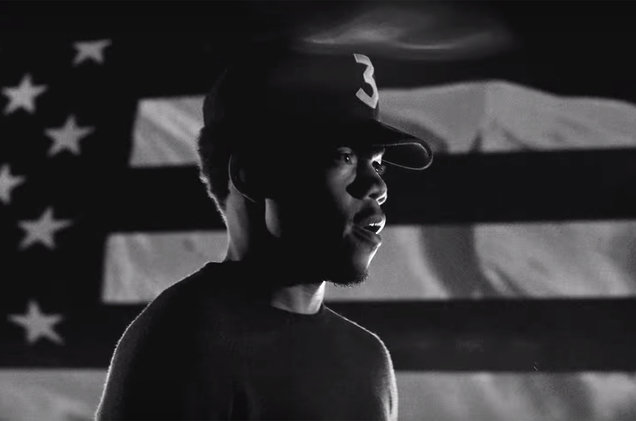The trial of Enrique Arochi, the man a Collin County jury found guilty of the aggravated kidnapping of UTD alumna Christina Morris, captured the attention of the DFW area for the better part of two weeks.
Images of Morris have flashed across TV and phone screens throughout the metroplex since 2014 as her family begged for any clues on the whereabouts of their missing daughter.
Now, two years after she went missing, there’s at least some sense of closure about what happened to Morris.
It’s a case that drew the attention of both the local and national media, even though it’s a story that has played out time and time again. Once again, a man is responsible for the loss of a woman before her time had come. Whether it’s a partner taking out his frustrations on his girlfriend or wife, a scorned lover seeking revenge or a rapist taking advantage of a woman, violence against women by men is nothing new.
It’s now common to see these incidents turned into talking points, mere sound bites on the evening news that draw shocked gasps from audiences sitting at home. And without fail, the question that’s always asked is, “How could he do that?”
But asking that question may be the reason this keeps happening. Because real change doesn’t come from looking at men like Arochi and being appalled at what they did to a woman. It comes from men looking in the mirror and realizing they and Arochi aren’t so different.
***
This past weekend, a good friend and mentor of mine flew in from out of town to attend a wedding shower we had both been invited to. There, we had some time to talk and she started telling me about at least two separate occasions where she had been sexually harassed in the past few months.
She had an exasperated look on her face as she recounted two incidents in which men had made unwanted advances on her. In one instance, a male stranger came up behind her and whispered in her ear that he wanted to make love to her and in another a man slapped her rear end in public.
It’s sad to know this is how she’s been treated, but it’s even more sad to know women are all too familiar with this type of treatment. A recent study found that 65 percent of women in the United States have received some form of street harassment.
Even worse, the United Nations estimates 35 percent of women have experienced physical or sexual violence from an intimate partner sometime in their life.
Not all of these incidents are at the hands of men, but time after time we see men as the primary perpetrators of these acts. Arochi may be a particularly noteworthy case of a man committing violence against women, but he’s not unique. This is the sort of thing that happens every day.
It just doesn’t always get a headline.
***
Over the last few years, there have been men who have defended their gender by using the phrase “Not All Men.” It’s the “All Lives Matter” of gender relations, a general statement meant to say “everyone is different and important” that really says “you’re only important if WE say you’re important.”
In the case of “Not All Men,” it does this by sweeping the outcries of female victims and survivors under the rug and instead demands for them to recognize that men can be good, too.
Not ALL men are violent towards women, so why should ALL men be held accountable?
But that’s the problem. When we say “Not All Men,” we’re granting ourselves immunity from the countless times we’ve mistreated women in other ways and placing the sins of others above our own. “Not All Men” isn’t a call for equity, it’s an excuse, a cop out. It gives us a reason to ignore our own self-improvement and responsibility and replace it with a self-pitying catchphrase.
“Not All Men” ignores the countless women, like Christina Morris, who are afraid to walk alone at night because of us. Or the women who have to worry about what they wear lest someone interprets their outfit as a sign that “she wants it.”
As a man, this is something I never have to fear. I can go out at anytime, wear anything I want, do practically anything I want to do and never have to fear the repercussions. I never have to worry about walking alone and needing someone to escort me because I’ve never felt the weight of having my gender be a threat to my own survival.
It’s the very definition of privilege and it’s why we, as men, have to change the dialogue we’re having whenever we hear stories of the struggles women go through. It’s not our responsibility to defend ourselves because, to be honest, there is no way we could ever understand the problems women go through on a day-to-day basis. It’s our responsibility to do what very few people are doing these days: listen.
Whenever we hear about stories like Enrique Arochi’s, we almost always ask “How could he do that?” But we never realize the damage we do when we ignore women’s issues. Without acknowledgement of these problems and our own failures, we’ll continue to repeat the vicious cycle of atrocities against women we’ve seen play back like a broken record.
The problem is that not all men are having discussions about what they can do to prevent violence against women. The problem is that not all men take conversations about consent seriously. The problem is not all men are willing to have hard talks with themselves about the times we’ve mistreated women.
The problem is not all men are willing to step up and make a difference, starting with themselves. And until that happens, not all men will recognize the pain of Christina Morris’ family.





